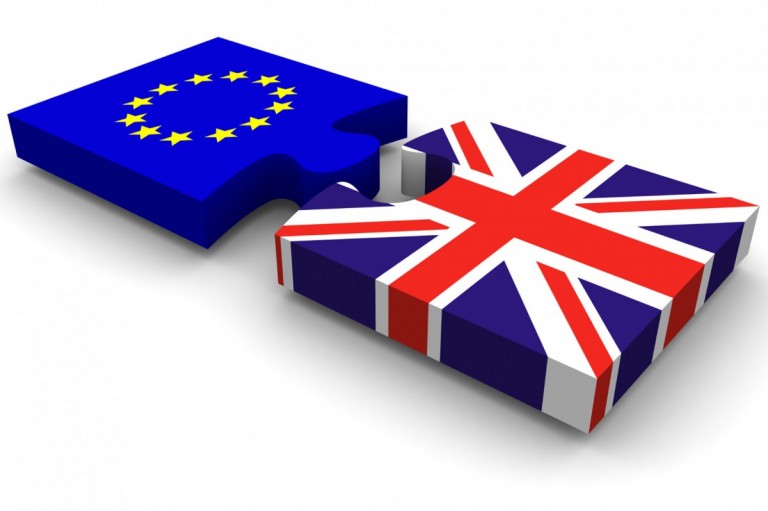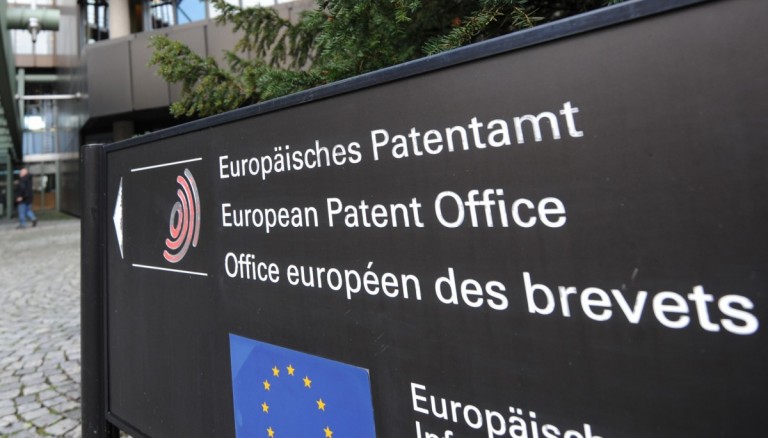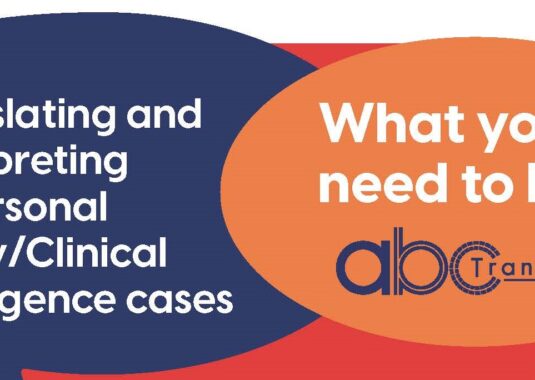HOW WILL THE UK CHOOSING TO LEAVE THE EU AFFECT THE UK PATENT SYSTEM AND THE ASSOCIATED TRANSLATION REQUIREMENTS?

The EPO is looking to implement a unitary patent system which would grant rights across all EU member states (start date – as at September 2017 – anticipated to be Q1 of 2018). This would aim to streamline the process of gaining protection for an invention in the EU, and reduce the need for translations. However, following the Brexit vote, how will the UK choosing to leave the EU affect the UK patent system and the associated translation requirements?
The Unitary Patent is designed to provide unitary patent protection via the European patent with unitary effect. This will make it possible for inventors (individuals, companies or institutions) to protect their inventions in EU Member States by filing a single patent application with the European Patent Office (EPO).
Instead of validating a European patent in several countries, patent proprietors can choose to file a request for unitary effect and obtain – in a single and straightforward procedure carried out centrally by the EPO – a Unitary Patent providing uniform protection in participating Member States. There will be no fee for filing a request for unitary effect. The aim is to significantly reduce today’s administrative complexity and associated validation costs.
The ‘unitary patent package’ consists of three elements:
- An EU Regulation creating a European patent with unitary effect (or ‘unitary patent’);
- An EU Regulation establishing a language regime applicable to the unitary patent;
- an international agreement among EU Member States setting up a single and specialised patent jurisdiction (the ‘Unified Patent Court’ – UPC).
The Unitary Patent will not replace the existing routes to patent protection in Europe, but will be an additional option alongside national patents and “classic” European patents. It will enable businesses to obtain a single, EU-wide unitary patent, and the Unified Patent Court will enable them to enforce it on a pan-European basis.
Moreover, the UPC will have jurisdiction on traditional European patents which designate countries adhering to the UPC system. This means that, contrary to the current patent litigation that is carried out on a country-by-country basis, under the UPC system enforcement and invalidity actions will be decided on by a single decision that has effect in all UPC designated countries.

As with all things Brexit, clarity is in short supply regarding the UK’s participation in the Unitary Patent. At the beginning of 2017, UK Prime Minister Theresa May reiterated her vow that the UK would, post-Brexit, escape the jurisdiction of the Court of Justice of the European Union. The same claim is in the government’s Brexit White Paper, entitled ‘The United Kingdom’s exit from and new partnership with the European Union’. And the Enforcement and dispute resolution – a future partnership paper published on 23 August 2017 again stresses an end to the direct jurisdiction of the CJEU, and makes no mention of the Unitary Patent or UPC.
Given this approach, it is difficult to see how the UK could participate in the UPC, which requires accepting that the decisions of the Court of Justice – in patent law, at least – will be binding with respect to UPC decisions enforceable in the UK.
On the other hand, a few days prior to Mrs May’s speech, the UK Minister for Intellectual Property, Jo Johnson, stated that the UK still intends to participate in the UPC, emphasising that the UPC is an international court rather than an EU one. And previously, in November 2016, the UK government announced that the UK would ratify the UPC Agreement after all.

So, assuming that ways are found to enable the UK to ratify the agreement (which should, after all, take place whilst the UK is still a member of the EU), what does that mean as regards translation requirements?
Most information about the Unitary Patent makes a point of stating that no translations will be required when opting for a Unitary Patent. However, this is far from the whole story. To start with, there will be a transitional period of six years (which may be extended up to a maximum of 12 years), during which the patent proprietor will have to file one full translation of the European patent specification, namely:
- into English if the language of the proceedings before the EPO was French or German
- into any other official language of an EU member state if the language of the proceedings was English.
Moreover, before a Unitary Patent can be registered by the EPO, the applicant must first obtain a European patent. A European patent application must therefore be filed and processed under the EPC in the same way as today, which may involve translations at various stages:
- the application must be filed in one of the official languages of the EPO, English, French or German, or in any other language with a translation into one of the official languages.
- A translation of the claims into the EPO’s other two official languages will need to be filed during the grant procedure.
- Some contracting states require a translation of the European patent specification or of the claims to be filed in one of their official languages, if different from the language of the proceedings, in order for the European patent to take effect there.
- Where a priority document is not in English, French or German, the EPO may invite the patent proprietor to file a translation of the previous application into one of the EPO’s official language
Additionally, translations of rulings and prior art documents may be required for opposition proceedings against applications, just as they are currently.
In conclusion, if the Unitary Patent does eventually come into force for the UK, and even after the transitional period, translations will continue to be an intrinsic part of the patent filing process.
Posted on:



